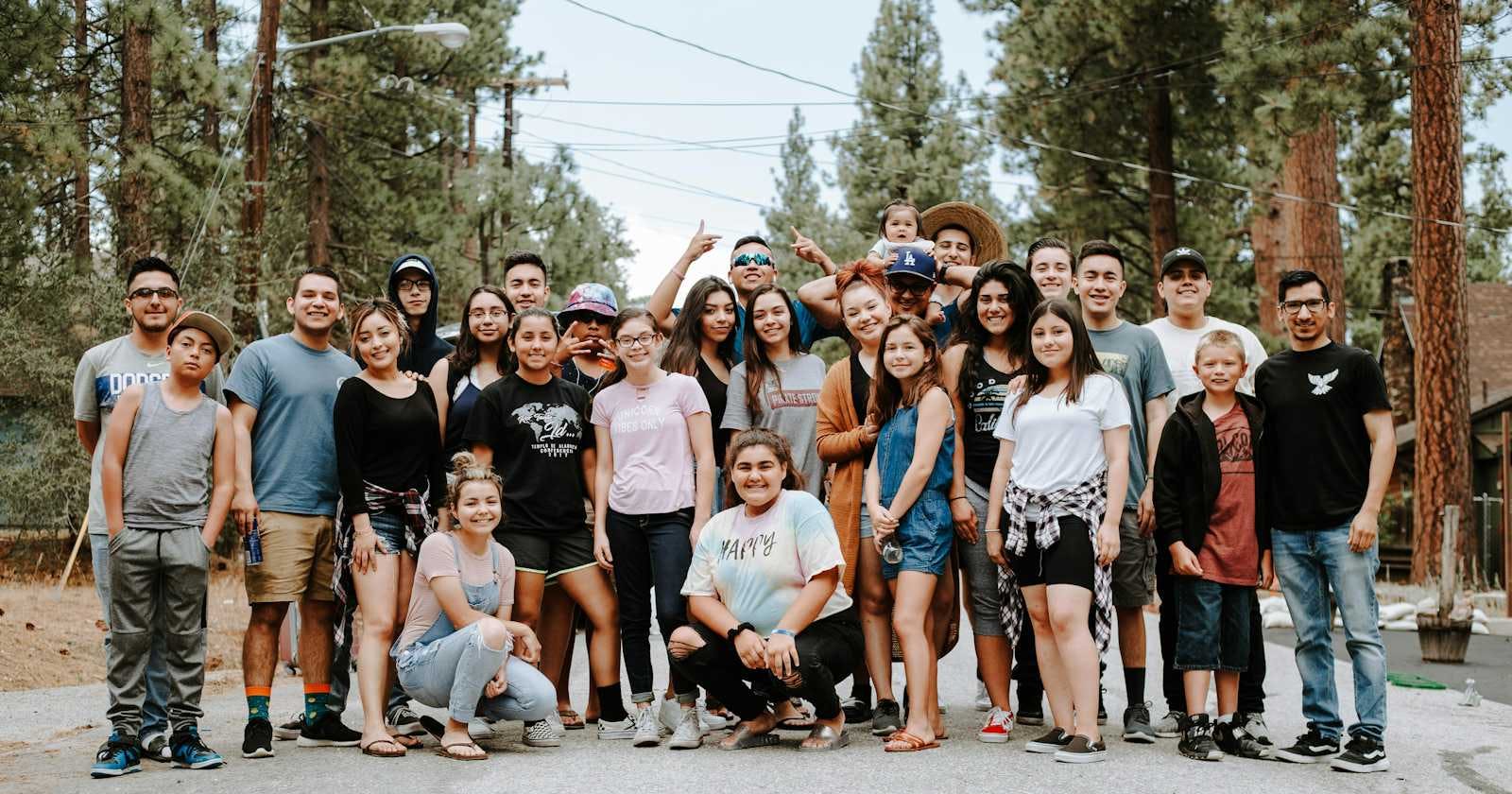
Photo by Omar Lopez on Unsplash
Want to start a coding Meetup? Do these 4 things to guarantee an active, lively community
I grew my Meetup from 0 to 350+ members in a under a year by doing these
Hey, everybody! Hope your 2024 is off to a great start.
If one of your resolutions was to start a coding community / Meetup and you haven't yet (or even if you have!), I have 4 tips for you to help you get started or improve what you already have.
Let's dive in.
1. Welcome newcomers with enthusiasm and care
It takes a lot of guts to show up to a room full of strangers.
You don't know anyone. What if you're worse at Python then all of them? What if you get laughed out of the room?
Your job as a Meetup organizer is to put these fears to rest.
I repeated this to every newcomer to my Meetup:
"You've already done the hardest part."
And I meant it. They fought against the negative self-talk. They had so many opportunities to not come. They could blame traffic, the weather, getting a babysitter.
But they didn't.
They could've been anywhere in the world. Instead, they put their trust in me and my event. It was up to me to not betray that trust.
A quick short-list for making newcomers feel welcome:
- Greet them one-on-one.
- Ask them why they came.
- Offer them a bottle of water.
- Set their expectations accordingly.
- Connect them with someone else who has similar goals.
This will put you ahead of 95% of other Meetups.
2. Create interactive activities
This is the biggest problem I see with coding Meetups.
There's the idea of interactivity, but not the right implementation. Most coding Meetups are about presentations - of projects, ideas, or features of a certain language. While these can be informative, there's not a lot of opportunity for folks to get to know each other.
That's where your creativity as a Meetup host comes in.
You need to accommodate people of different skill levels, different occupations, and different goals.
However, you know two goals everyone in the room shares:
- They like to code.
- They want to meet other devs.
In addition to (or instead of) presentations, consider:
- Pair programming a mini-project
- Mini-hackathon to see which team can build the worst "Hello World" program
- Group programming session to create something interesting with a specific library
The list goes on. Partner senior devs with college students. Level the playing field. Make it not about the outcome, but about learning together and meeting people.
3. Do something social afterwards
While everyone is there because they like to code, they also want to meet people.
The typical structure of a coding Meetup doesn't allow that (unless you follow step #2!). That's why I encourage doing something after the Meetup. Go out for a meal, a few drinks, something laidback and social.
If you do this, then everyone will have a few hours of context about each other under their belt.
The conversations flow as fluidly as the drinks do.
4. Get feedback & share ownership
Reserve 5-10 minutes at the end of every Meetup to run "Thorns & Roses".
It's a very simple game:
Go person by person and have them say what their least favorite moment of the night was (the Thorn) and what their most favorite moment of the night was (the Rose).
Once you get this feedback, implement it as best you can into the next Meetup.
This works for a few reasons:
- Attendees will feel heard.
- Attendees will have ownership over their community.
- Your Meetup gets bigger and better - attendees will bring friends, coworkers, and others.
Share ownership and watch your Meetup skyrocket.
👋 Hey, I'm Gus, developer, improviser, and game maker.
🥰 If you liked or were surprised by this article, consider sharing it.
